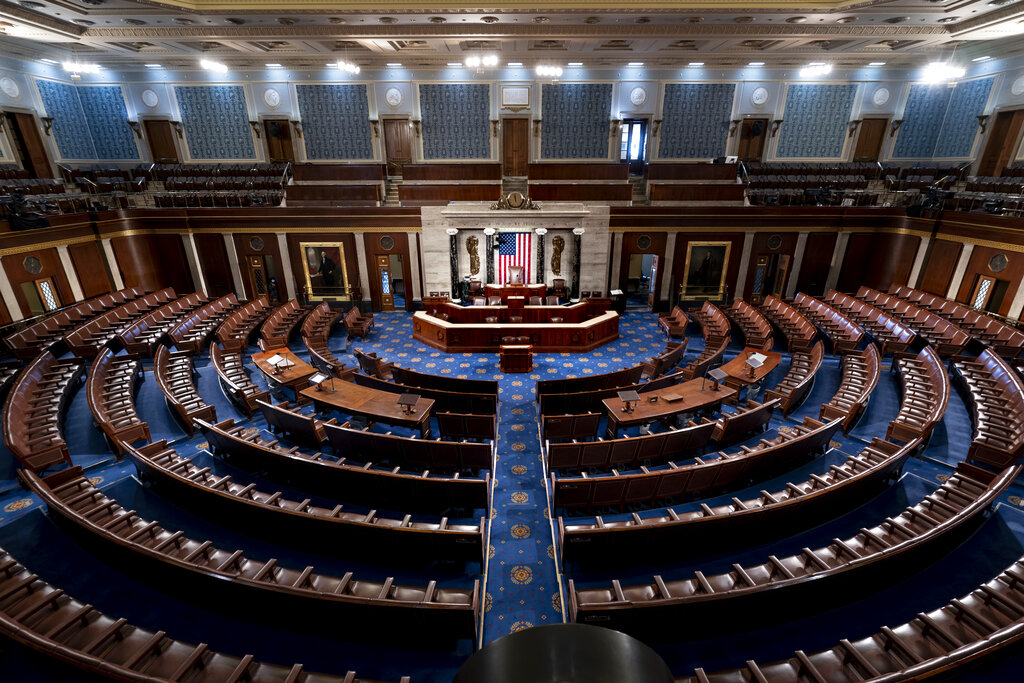Medicaid funding, ACA subsidies, and new limits on rescissions are at the center of Washington’s latest budget standoff.
With another funding deadline around the corner, Washington is running the familiar playbook: talk tough, threaten a shutdown, and hope the other side blinks.
This time, Republicans need a handful of Senate Democrats to vote for a short-term “continuing resolution” to keep the government open a few more weeks while Congress negotiates full-year spending bills.
Democrats are making it clear they won’t hand over their votes for free. They’re demanding concessions that include:
- Undoing the Medicaid cuts passed in Republicans’ “One Big Beautiful Bill.”
- No more “rescissions”; the President has to spend the money that Congress agrees on.
- Making permanent the pandemic-era tax credits for buying health insurance on the Affordable Care Act marketplaces
Republicans, meanwhile, insist on a “clean” stopgap to keep the government open – meaning no changes to the current law.
It’s not unusual for either party to hold spending bills “hostage” to score political points. It’s happened three times this century
2013: Obamacare
House Republicans tried to tie government funding to repealing the Affordable Care Act. Democrats refused. The government closed for 16 days before Republicans caved – the law survived untouched.
2018: Dreamers
Senate Democrats pushed for protections for “Dreamers” – people brought to the U.S. illegally as children. After a three-day shutdown, Democrats folded and let the government reopen with no new legislation.
2018-2019: The Wall
President Trump demanded $5.7 billion for a border wall during the 2018 budget negotiations, but Democrats held firm. After a record-breaking 35-day government shutdown, President Trump settled for about a quarter of the funding he wanted.
What’s at stake now
In every case, the “hostage-takers” were left empty-handed or with far less than they demanded.
Democrats may see a shutdown as leverage to protect Medicaid and ACA subsidies, but history shows this strategy usually ends in wasted money, missed paychecks for troops, and disruption for workers and businesses nationwide.
Related
Peyton Lofton
Peyton Lofton is Senior Policy Analyst at No Labels and has spent his career writing for the common sense majority. His work has appeared in the Washington Examiner, RealClearPolicy, and the South Florida Sun Sentinel. Peyton holds a degree in political science from Tulane University.




